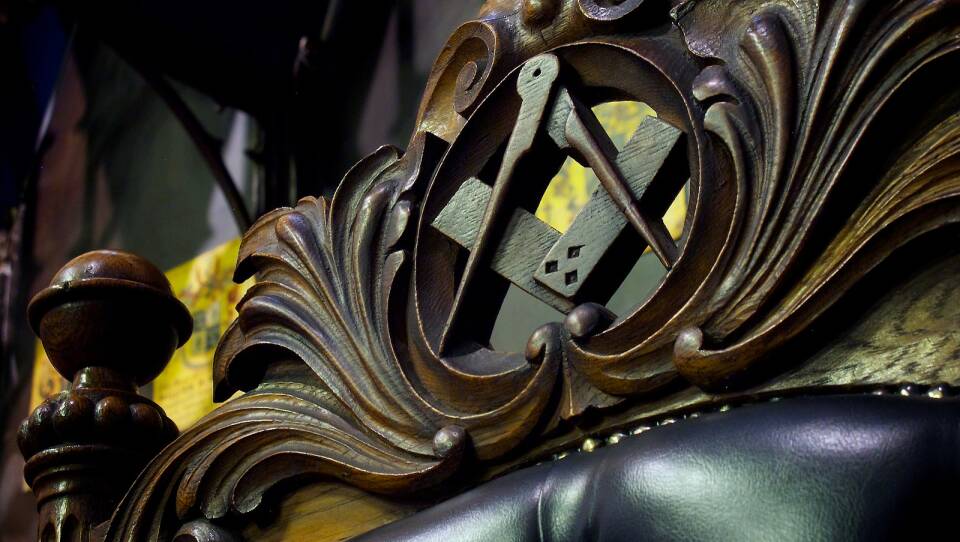The illuminati . Lizard people . The JFK assassination . Pizzagate . Conspiracy theories are all around us, and it can seem like they’re becoming more and more a part of our culture. (After all, President-elect Trump was interviewed by a man who thinks the Sandy Hook shooting was faked ).
But what type of person believes in conspiracy theories? And why? Rob Brotherton is a psychologist and author of the book Suspicious Minds: Why We Believe Conspiracy Theories . He argues that we’re all a lot more vulnerable to these theories than we think, and he dispels some commonly held beliefs:
First, the notion that conspiracy theorists are all deranged weirdos . That’s not true, according to Brotherton.
“We have this stereotype of conspiracy theorists as this handful of people who live in basements and wear tinfoil hats and have strange ideas and make posts in all caps on internet forums, but that’s really not the case. There are a few of those people, but when you think of a conspiracy theorist, you should think of your friends, your family, someone you meet on the street. Potentially anyone’s a conspiracy theorist.”
Second, there are psychological reasons why people are prone to believe in conspiracy theories. There’s the proportionality bias. “When something big happens in the world, we look for a proportionally big explanation,” Brotherton says. “When something relatively small and mundane happens, we're satisfied with a relatively small explanation.”
Third, we’re also all dealing with confirmation bias. Once we have a belief, we seek out information that’s consistent with it. When they see information that doesn’t confirm what we believe, we subject it to much more scrutiny.
And these biases have, of course, been with us for a long time. One of the very first conspiracy theories was the idea that Nero played the lyre as Rome burned. Nevermind that there was no evidence that he did this, lots of people at the time believed it to be true. And conspiracy theories have been a part of American life since the founding of the country .
Finally, there are actual conspiracy theories. If someone told you that Nixon sabotaged Vietnam peace talks in order to get elected, that would sound… far-fetched, to say the least. But it appears that that actually happened . (Watergate, too, would have sounded completely implausible to most Americans a year or two before Woodward and Bernstein uncovered it.)
So, if conspiracy theories have been around since ancient history, and we are psychologically vulnerable to them, and there are - from time to time - actual conspiracies… how does someone tell the real from the fake? Brotherton says it’s important to keep one thing in mind: conspiracies are extremely hard to pull off.
“We know that conspiracies happen in the world. People plot and they do illegal things. But, they’re usually not that good at it. It’s hard to get away with a conspiracy, especially an elaborate, complex, conspiracy resting on a lot of things, involving a lot of people. People just aren’t that good at keeping secrets.”
So if lizard people were secretly running the world… someone would have blabbed. Then again, I might just be a lizard person trying to discredit that fear. Ssssssss.




